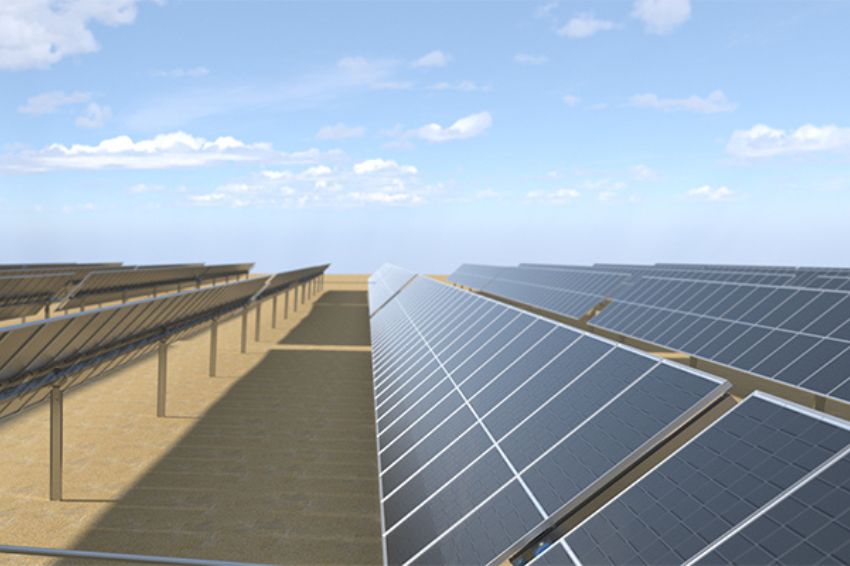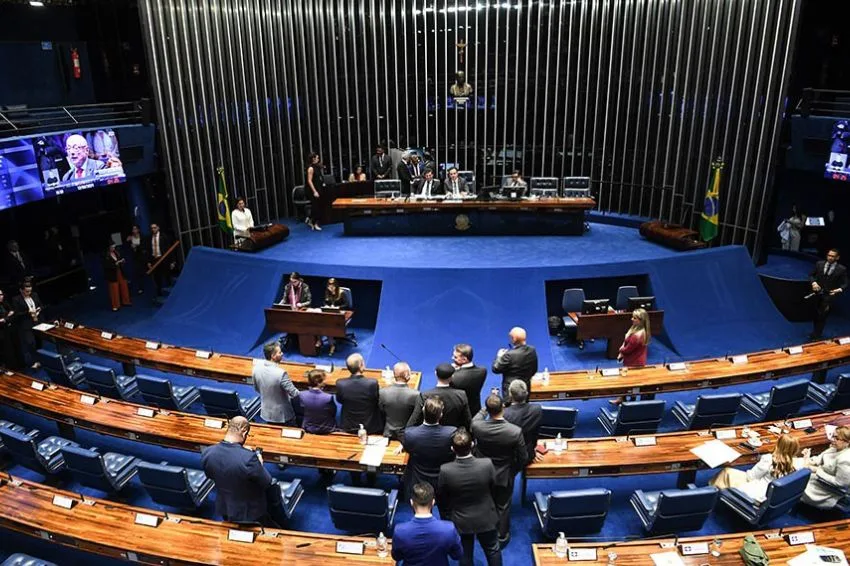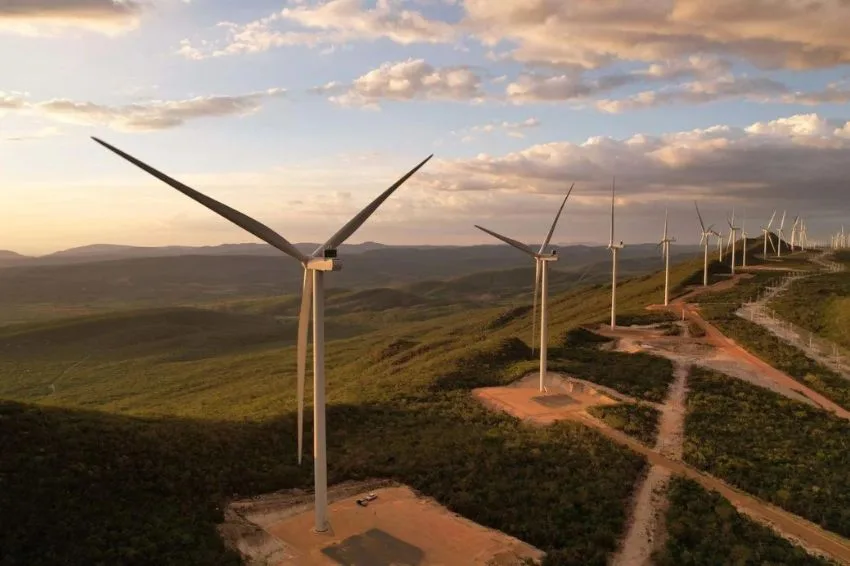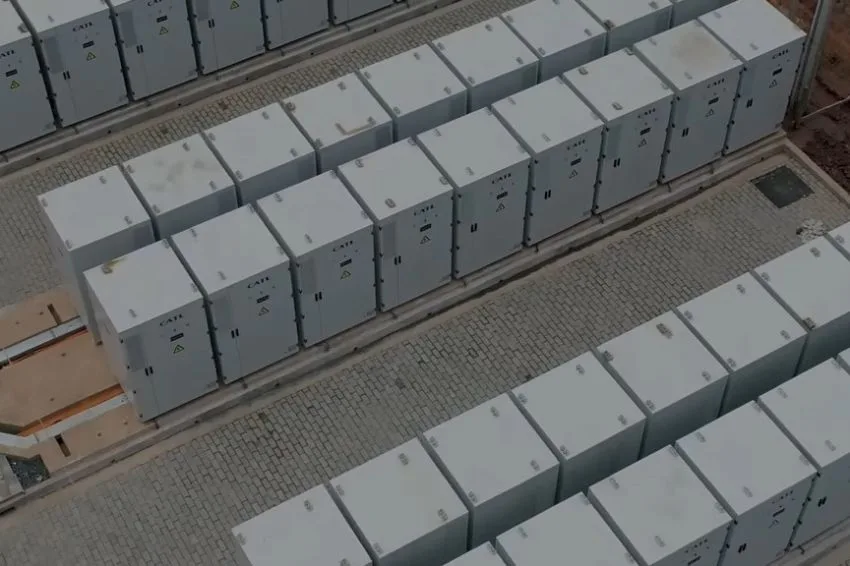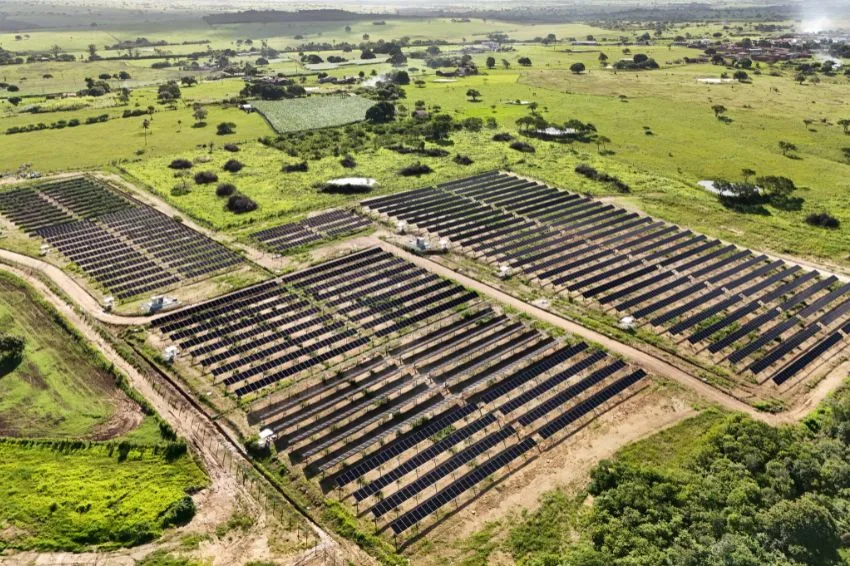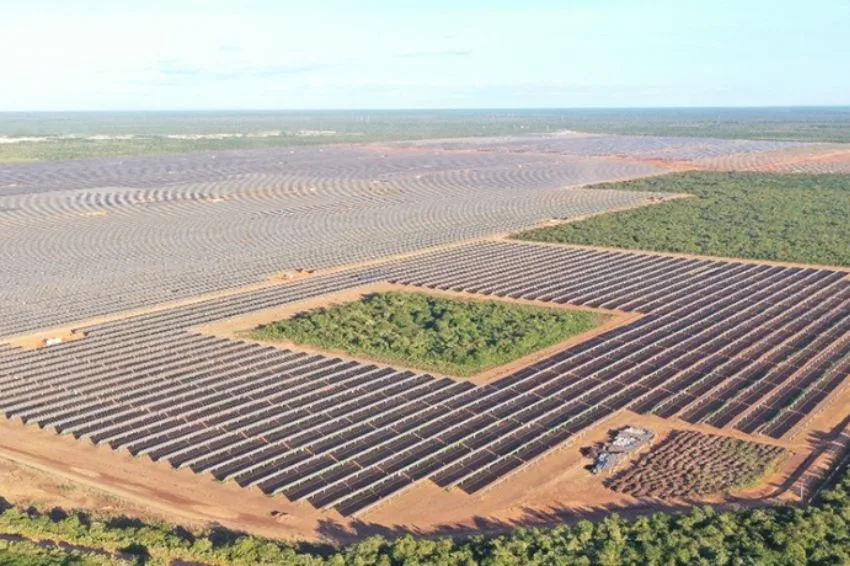TrinaTracker, a Trina Solar company specialized in the development and manufacturing of solar trackers equipped with Artificial Intelligence, will install a tracker factory in Salvador (BA).
With the first factory outside China and Spain, tracker production capacity will increase by 33.3%, from 7.5 to 10 GW annually.
The new factory is expected to come into operation in the last quarter of 2023. Initially, it will have the capacity to produce 2.5 GW of trackers, but could be expanded if demand increases. In addition to serving the local market, the Brazilian unit will be able to supply followers to other countries in Latin America.
The brand currently has two industrial plants, one in the city of Changzhou (China) and the other in Viana (Spain), which together have the installed capacity to produce the equivalent of 7.5 GW of followers per year.
According to Álvaro García-Maltrás, vice president for Latin America at Trina Solar, the production of trackers in Brazil will contribute to strengthening the competitive advantage of both TrinaTracker and its parent company, Trina Solar.
“In addition to local manufacturing allowing shorter delivery times compared to imported equipment, the end customer will be able to count on credit lines from BNDES/BNB to finance their solar projects,” he said.
In the second half of August, BNDES (National Bank for Economic and Social Development) approved Trina Tracker Brasil as an accredited supplier, a step that precedes qualification so that its products and equipment can be purchased through credit lines and financing programs . the state bank, such as Finame (Machinery and Equipment Financing).
“The new factory will have a specialized team with extensive experience in solar trackers to guarantee the correct installation of the equipment, its correct start-up and prompt service”, added García-Maltrás.
According to the company, with a largely automated production line, the Salvador da Bahia factory will bring together a multidisciplinary team, which includes specialists in the manufacture of mechanical and electronic equipment, assembly and quality supervisors, foreign trade, logistics and finance professionals, as well as after-sales service. -sales team.
The state-of-the-art trackers developed by TrinaTracker will be manufactured in Brazil, incorporating the SuperTrack intelligent tracking algorithm, which calculates the optimal angle and movement for each row of panels in order to maximize energy production during periods of diffuse irradiation and even even on uneven terrain with different slopes. SuperTrack allows you to increase energy generation by up to 8%.
According to the latest report from Wood Mackenzie, a company specializing in energy research, TrinaTracker is one of the largest suppliers of solar trackers in Latin America and the Caribbean, appearing in the Top 5 of the largest manufacturers.
With the start of operation of the plant in Salvador, the company expects tracker sales in the Brazilian market to double in the first year in relation to the estimated volume by the end of 2023, which is approximately 1 GW.
This optimism is related to a significant increase in inquiries related to new distributed and centralized generation projects. It is noteworthy that the choice of the capital of Bahia to install the plant took into account a combination of factors.
One of them is that the Northeast region is home to most of Brazil's solar plant projects. Another is that Salvador has a port and highways, which facilitates the flow of production.
“The installation of the TrinaTracker factory in Brazil is yet another demonstration of Trina Solar’s conviction in the growth potential of the Brazilian solar market. We have invested heavily in local production and in the increasing qualifications of our technicians, with the aim of being close to our customers to understand their needs and serve them better. We believe that in this way we effectively contribute to the development of the photovoltaic sector”, says García-Maltrás.
The opinions and information expressed are the sole responsibility of the author and do not necessarily represent the official position of Canal Solar.


